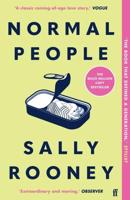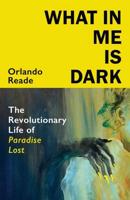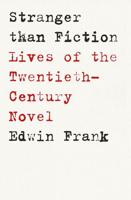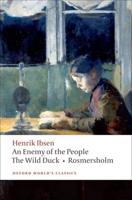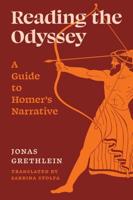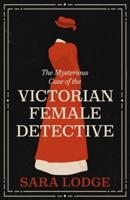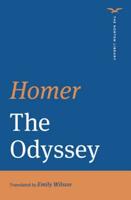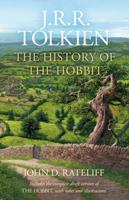Publisher's Synopsis
By using his Cantos for storing, "making new," and transmitting historical documents, Pound was returning the epic to its ancient function as a tribal archive for the "luminous details" of history that define a culture's past and shape its future. So argues this book, which does not overlook the poem's brilliant lyrical passages but for the first time focuses on those vast stretches of Pound's epic composed not of literary touchstones but of that most unpoetic of literary forms, historical documents.
Pound's task as epic poet was complicated by the fact that the documents he wished to renew and transmit to his culture were largely unknown, often because in his mind they had been suppressed by a widespread conspiracy throughout the ages which he termed the "historical black-out." His Cantos therefore, he believed, must be a counter-conspiracy to rescue vital documents from that black-out, renew them, and then recirculate them to combat the economic and political forces behind the black-out.
Drawing on recent research by numerous scholars, Furia traces the arcane documents Pound unearthed from libraries around the world and shows how he transmuted this documentary mass into poetry, first by framing passages of prose to highlight their poetic texture and then by weaving these shards and fragments into a collage of intricate structure. Among the documents Furia "declassifies" are Chinese edicts, Italian bank charters, British factory commission reports, Byzantine guild regulations, American Presidential papers, municipal records, judicial writs, parliamentary statutes, legislative codes, contracts, deeds, mandates, treaties, diary entries, and correspondence by such diverse figures as Lorenzo de' Medici, Martin Van Buren, Napoleon, Eleanor of Aquitaine, Mustapha Kemal, and Kubla Khan.
Pound's Cantos Declassified traces the poet's struggle to shape the content of the epic poem that absorbed most of his creative life.

